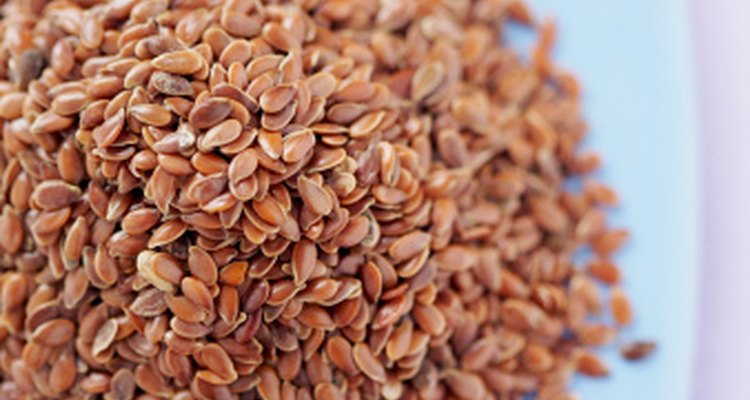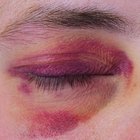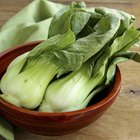
You can incorporate flax seed into your diet either as ground seed or as flax oil, which is used in cooking. There are two types of flax seed: golden and brown. The main difference between the two is their color -- both have a similar flavor and offer the same health benefits.
Identification
Flax seed was first cultivated around 6000 B.C. in eastern Turkey. The seeds can be golden-yellow or reddish-brown. Whole flax seed contains 41 percent fat and 28 percent dietary fiber. It is a good source of omega-3 fatty acids, lignans, zinc, magnesium and potassium. It is also a good source of soluble and insoluble fiber.
Form
According to Dr. Katherine Zeratsky, R.D., L.D., whichever from of flax seed you use, ground is more beneficial than whole because the ground seed is more easily digested. Whole seed can often pass through your intestine undigested, meaning that your body does not obtain its nutrients.
Omega-3s
Dark and golden flax seed is rich in omega-3 fatty acids which help to reduce blood cholesterol, and may reduce the risk of heart attack or atherosclerosis. Because of its high fiber content, flax seed acts as a mild laxative to help ease the transition of stools through the intestines. MayoClinic.com recommends that adults consume between 1.1 and 1.6 grams of ground flax seed per day.
Functions
According to MedlinePlus, both brown and golden flax seed lower blood sugar levels, over a period of three months, for people with Type II diabetes. However, it was shown to be ineffective at lowering insulin levels, fasting blood sugar or blood fat levels in the same group. An intake of 40 milligrams of flaxseed daily may also improve hot flashes and night sweats in women with mild menopause symptoms.
Cautions
Take supplements such as vitamins one hour before, or two hours after, consuming flax seed, because flax seed may inhibit the absorption of some nutrients. Do not take flax seed with other laxatives or with blood thinners.
Related Articles

Are There Herbal Treatments for ...

Fenugreek for Acne

How to Reduce Acne Inflammation

Mineral Oil Vs. Olive Oil

What Are the Benefits of Ashwagandha in ...

Grapefruit Extract for Eczema

Can Borage Oil Help Acne?

Burdock Root for Acne

Pycnogenol and Acne

Copper Peptides Side Effects

Herbs For Melasma

Chasteberry for Acne

Arnica for Acne

What Is Aloe Good For?

Seborrheic Dermatitis & Nutritional ...

Can Herbs Flush Cellulite?

Coconut Oil & Nail Fungus

Bromelain & Bruising

Bok Choy Nutrition

Difference Between Clover & Orange ...
References
Writer Bio
Corinna Underwood began writing in 2000. She has been published in many outlets, including Fox News, “Ultimate Athlete,” “Hardcore Muscle,” “Alternative Medicine” and “Alive.” Underwood also wrote "Haunted History of Atlanta and North Georgia" and "Murder and Mystery in Atlanta." She has a Bachelor of Arts in English literature and philosophy and a Master of Arts in women’s studies from Staffordshire University.
Photo Credits
Jupiterimages/Brand X Pictures/Getty Images